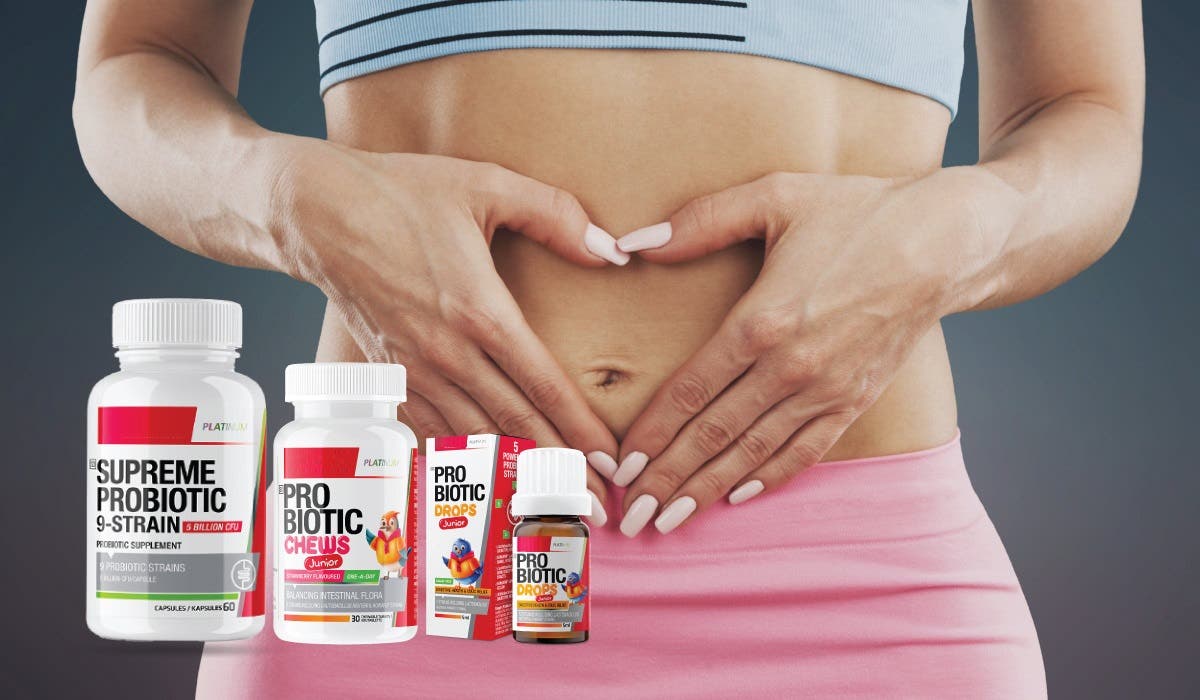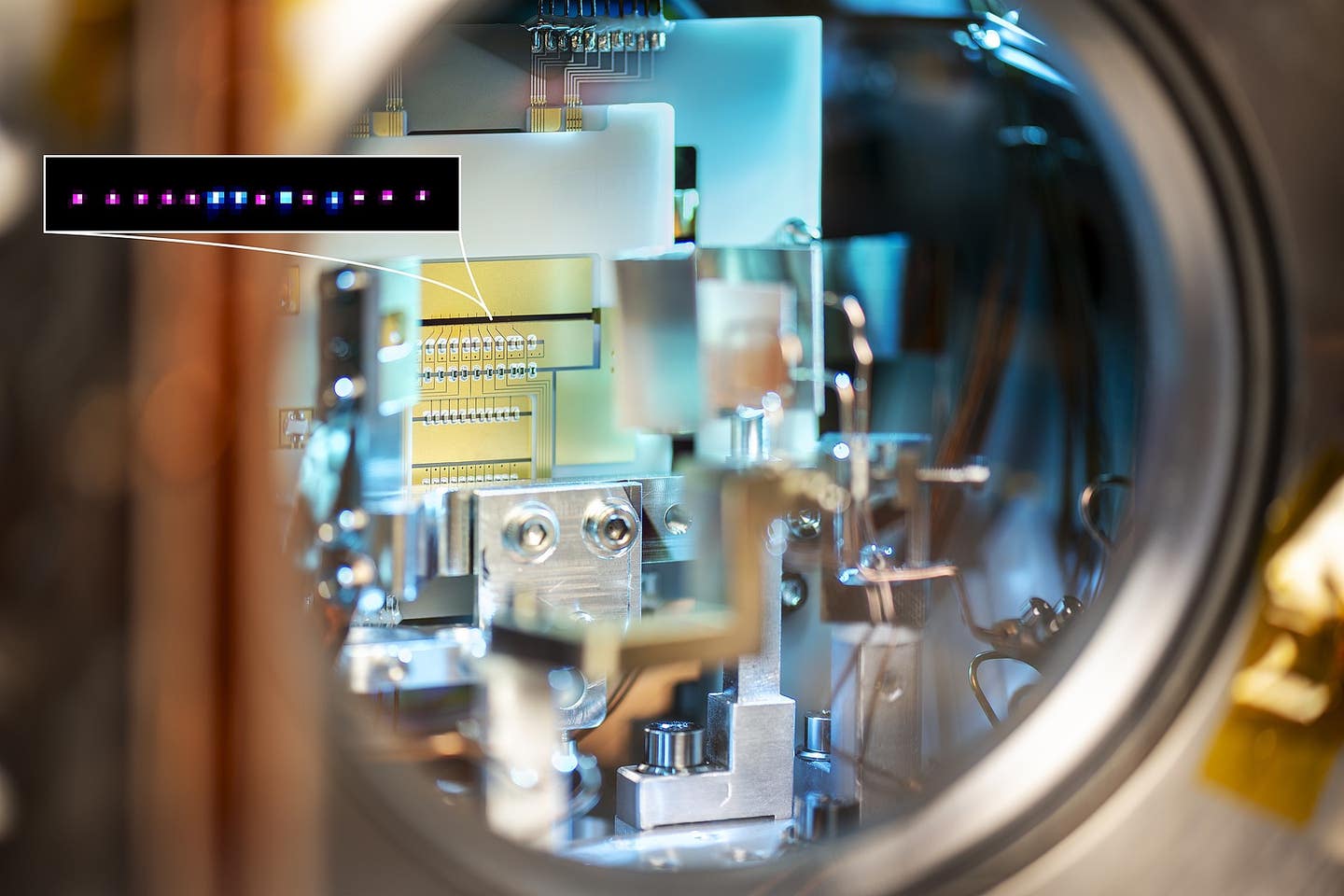Do probiotics improve gut health after antibiotic use?
Explore the role of probiotics in restoring gut health post-antibiotics, addressing scientific gaps and future research directions.

Antibiotics save lives by targeting harmful bacteria, but their impact extends beyond the intended pathogens. (CREDIT: CC BY-SA 4.0)
Antibiotics are powerful tools for treating bacterial infections, yet they come with a significant drawback: the disruption of the human gut microbiota.
This microbial community, essential for digestion and immune function, is altered during antibiotic use, leading to reduced bacterial diversity and other potential health issues. While probiotics have been suggested as a way to restore gut health post-antibiotic treatment, the evidence behind this remains inconclusive.
A recent review published in Nature Reviews Gastroenterology & Hepatology delves into the intricate relationship between antibiotics, probiotics, and the gut microbiota. This study, led by an international team of experts, examines whether probiotics truly help recover the microbiota after antibiotic use and explores the complexities surrounding this topic.
Antibiotics save lives by targeting harmful bacteria, but their impact extends beyond the intended pathogens. They inadvertently reduce beneficial bacteria, lower microbial diversity, and disrupt gut ecosystem functions. These effects can lead to complications such as antibiotic-associated diarrhea (AAD) and more severe conditions like Clostridioides difficile-associated diarrhea (CDAD).
Probiotics, defined as live microorganisms that confer health benefits when administered in adequate amounts, have been shown to mitigate some antibiotic-related side effects.
Clinical studies and meta-analyses highlight their potential to reduce AAD and CDAD risk. Despite these benefits, significant gaps remain in understanding how probiotics affect the microbiota and whether they restore its original composition.
Probiotics have been hypothesized to help restore the gut microbiota following antibiotic use. However, this idea hinges on multiple variables, including probiotic strains, doses, host characteristics, and measurement methods. Current evidence suggests probiotics may influence microbiota function and composition but does not conclusively demonstrate restoration to a pre-antibiotic state.
The review identifies several challenges in studying this phenomenon. A lack of consensus on what constitutes a “healthy” microbiota complicates assessments.
Related Stories
Additionally, microbiota vary significantly between individuals, making it difficult to establish universal benchmarks. Methodological inconsistencies, such as differing techniques for measuring microbiota recovery, further hinder scientific progress.
For instance, while some studies show that probiotics can mitigate functional shifts caused by antibiotics, these findings are often subject to interpretation. Probiotic-associated changes in the microbiota may appear beneficial, but without a clear definition of a healthy microbiota, their implications remain ambiguous.
Lead author Prof. Hania Szajewska notes that although many studies include microbiome-related endpoints, few specifically target microbiota restoration as a primary outcome. “We hope future studies will address this gap to enhance our understanding of the microbiome and the clinical benefits of probiotics,” she says.
Co-lead author Prof. Karen Scott emphasizes the lack of concrete evidence regarding probiotics’ restorative effects. “Even though certain probiotics are clearly beneficial when taken alongside antibiotics to prevent negative effects such as antibiotic-associated diarrhea, we still don’t know exactly how they achieve this,” she explains.
The review underscores the need for refined research methods to address these challenges. Scientists recommend incorporating diverse readouts—such as microbial diversity, abundance, and host-related parameters—into microbiota assessments. However, even these measures have limitations.
For example, taxonomic and functional diversity are often condensed into single outputs, which may mask important nuances. Moreover, the relevance of specific diversity measures to overall health is not fully understood.
The research also highlights the importance of examining the unique effects of each antibiotic on the gut microbiota. Future studies should investigate how specific probiotic strains and doses impact gut recovery, acknowledging that no universal probiotic solution is likely to exist.
Despite the uncertainties, the review reaffirms probiotics’ potential in managing antibiotic side effects. Certain strains are already recommended in international clinical guidelines for their ability to reduce AAD and CDAD risk. However, their broader role in microbiota restoration remains hypothetical.
The concept of ecological succession offers a framework for understanding gut microbiota recovery. Similar to ecosystems recovering from disturbances, gut recovery may depend on the survival or reintroduction of keystone species.
These foundational microorganisms pave the way for intermediate species to expand and eventually establish a stable microbial community. Whether this final state reflects the original microbiota or a new equilibrium remains an open question.
Probiotics may play a role in this recovery process, but their precise mechanisms of action are still under investigation. Some benefits may stem from direct interactions with gut physiology rather than microbiota restoration.
As the field advances, researchers aim to define clear goals for microbiota protection and recovery, identify effective probiotic strains and doses, and develop standardized methods for measuring outcomes.
The disruptive effects of antibiotics on the gut microbiota are well documented, but significant knowledge gaps persist. Probiotics hold promise as a strategy for gut recovery, yet more robust research is needed to unlock their full potential.
Understanding how the microbiota adapts to change, establishing universal benchmarks for health, and refining measurement techniques are critical steps forward.
By addressing these challenges, scientists hope to develop targeted interventions that optimize gut health during and after antibiotic use.
As Prof. Szajewska concludes, “Restoring gut microbiota with probiotics during antibiotic use is an important topic. Future studies must bridge the gaps in our knowledge to enhance both microbiome science and clinical care.”
Note: Materials provided above by The Brighter Side of News. Content may be edited for style and length.
Like these kind of feel good stories? Get The Brighter Side of News' newsletter.
Joshua Shavit
Science & Technology Writer | AI and Robotics Reporter
Joshua Shavit is a Los Angeles-based science and technology writer with a passion for exploring the breakthroughs shaping the future. As a contributor to The Brighter Side of News, he focuses on positive and transformative advancements in AI, technology, physics, engineering, robotics and space science. Joshua is currently working towards a Bachelor of Science in Business Administration at the University of California, Berkeley. He combines his academic background with a talent for storytelling, making complex scientific discoveries engaging and accessible. His work highlights the innovators behind the ideas, bringing readers closer to the people driving progress.



